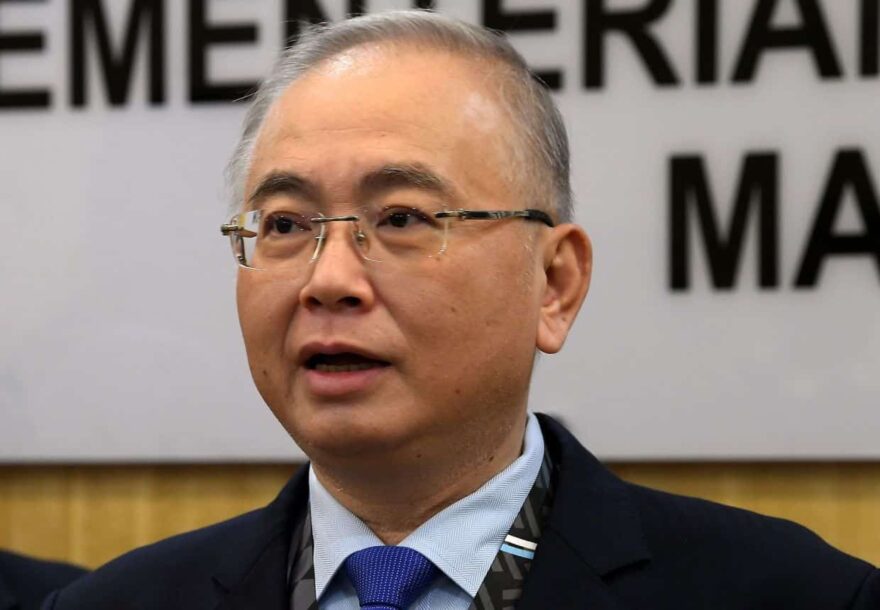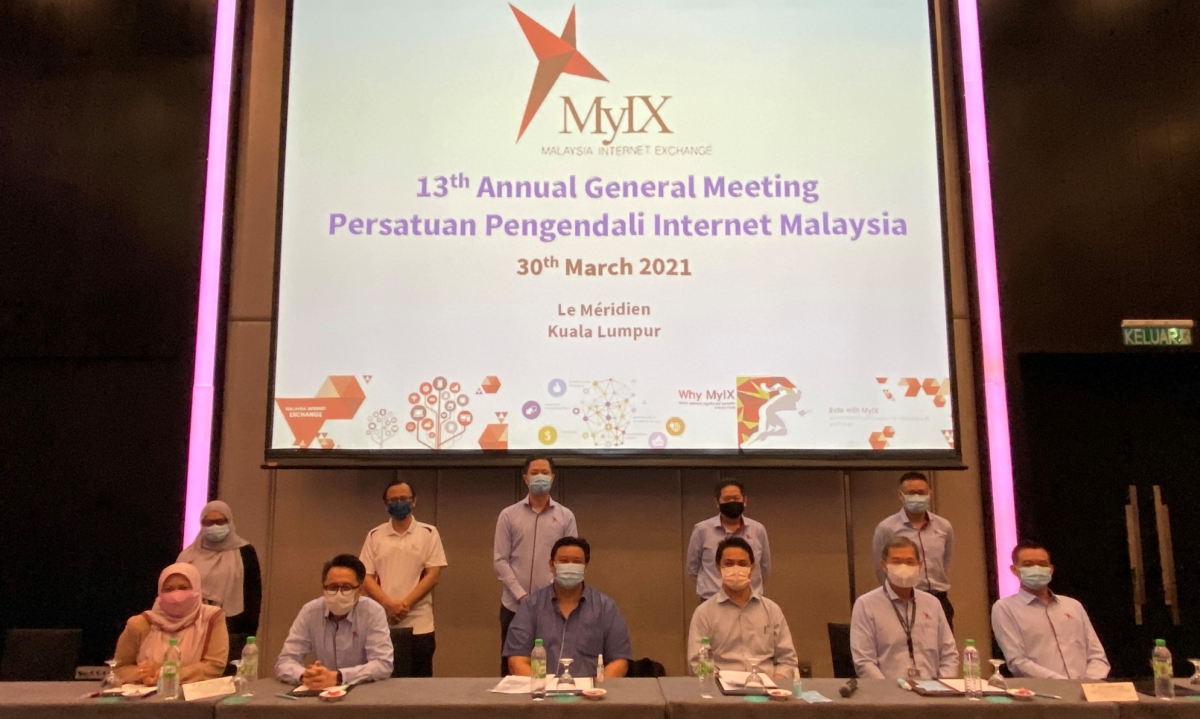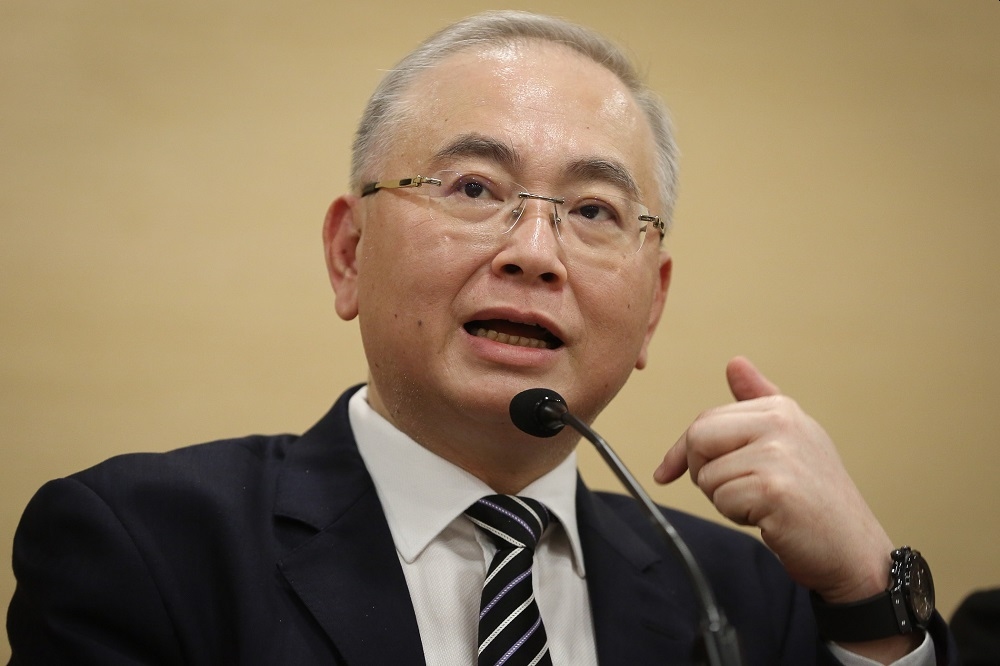Bongkar!!! Kebodohan Wee Ka Siong sebabkan Malaysia rugi besar

Facebook has recently announced two new vital undersea cables which will connect Singapore, Indonesia and North America as part of its commitment to enable more people to access faster internet. The new Echo and Bifrost cables are said to provide vital connections between Asia-Pacific and North America with much-needed internet capacity, redundancy and reliability.

Despite Malaysia’s MyDigital target to have the most submarine cable landings in Southeast Asia by 2025, it appears that tech giants are giving Malaysia a pass due to the ongoing cabotage issue.

Malaysia Internet Exchange (MyIX) is strongly urging the Malaysian government to reinstate the cabotage exemption for foreign vessels to conduct undersea cable repair works or risk losing out more foreign direct investments (FDI) to neighbouring countries. MyIX Chairman Chiew Kok Hin said Malaysia should ‘walk the talk’ to realise the country’s aspirations under the MyDigital initiative.
He said MyDigital is a strategic step in the right direction to grow Malaysia’s digital economy and he anticipated that it will contribute 22.6% of Malaysia’s gross domestic product (GDP) while creating 500,000 new jobs. However, Malaysia would need a very stable internet infrastructure that’s robust and reliable as the internet usage would inevitably surge in the years ahead of the government, businesses and the rakyat.
While Malaysia aims to have the highest number of submarine cable landings in the region, he said the current cabotage policy concerning maintenance and repair of subsea cables is not consistent with the goals outlined within the MyDigital framework.
He said Facebook’s new undersea project in the region is a big win for Singapore and Indonesia but a significant loss for Malaysia. He added it’s a shame as Malaysia has its own strengths in internet infrastructure due to our strategic geographical location, ease of access, English-speaking population and relatively lower cost of entry.
Chiew doesn’t blame the tech giants as they would inevitably be drawn to countries with more investor-friendly policies. He added that the government shouldn’t impose ‘protectionist’ policies for the maintenance and repair of subsea cables.
He said, “These tech giants own or co-own the cables and, in my opinion, it is their right to choose who they want to service and repair their assets.”
“I agree with the tech giants’ view that most of the world’s coastal countries do not treat submarine cable installation or repair as cabotage.
“Most countries define ‘cabotage’ as the transport of cargo or passengers between two domestic coastal points,” said Chiew. “In this matter, the cable and repair material are deployed, rather than transported to another port.”“To me, the tech giants request is reasonable: They understand Malaysia having its cabotage laws, only that it should be exempted for maintenance and repairs of subsea cables.”
It was reported several months ago that tech giants including Google, Facebook, Microsoft and MyIX have expressed concerns over the Transport Minister, Dr Wee Ka Siong’s decision to revoke the cabotage exemption for foreign vessels to conduct undersea cable repairs. The exemption was introduced by former Transport Minister Anthony Loke in 2019 to help speed up undersea cable repairs in Malaysian waters after it was requested by Telekom Malaysia and Time Dotcom with the support of the Ministry of Communications and Multimedia which was formerly led by Gobind Singh.

The exemption was introduced as Malaysia didn’t have the required DP2 ships to carry out the repair works in Malaysian waters. With the cabotage, undersea cable repair works took up to 27 days which is significantly longer than other countries in the region. Last month, Dr Wee Ka Siong has hit back at the tech giants, insisting that DP1 vessels were sufficient to repair undersea cables in Malaysian waters and some of their arguments were illogical. SC
